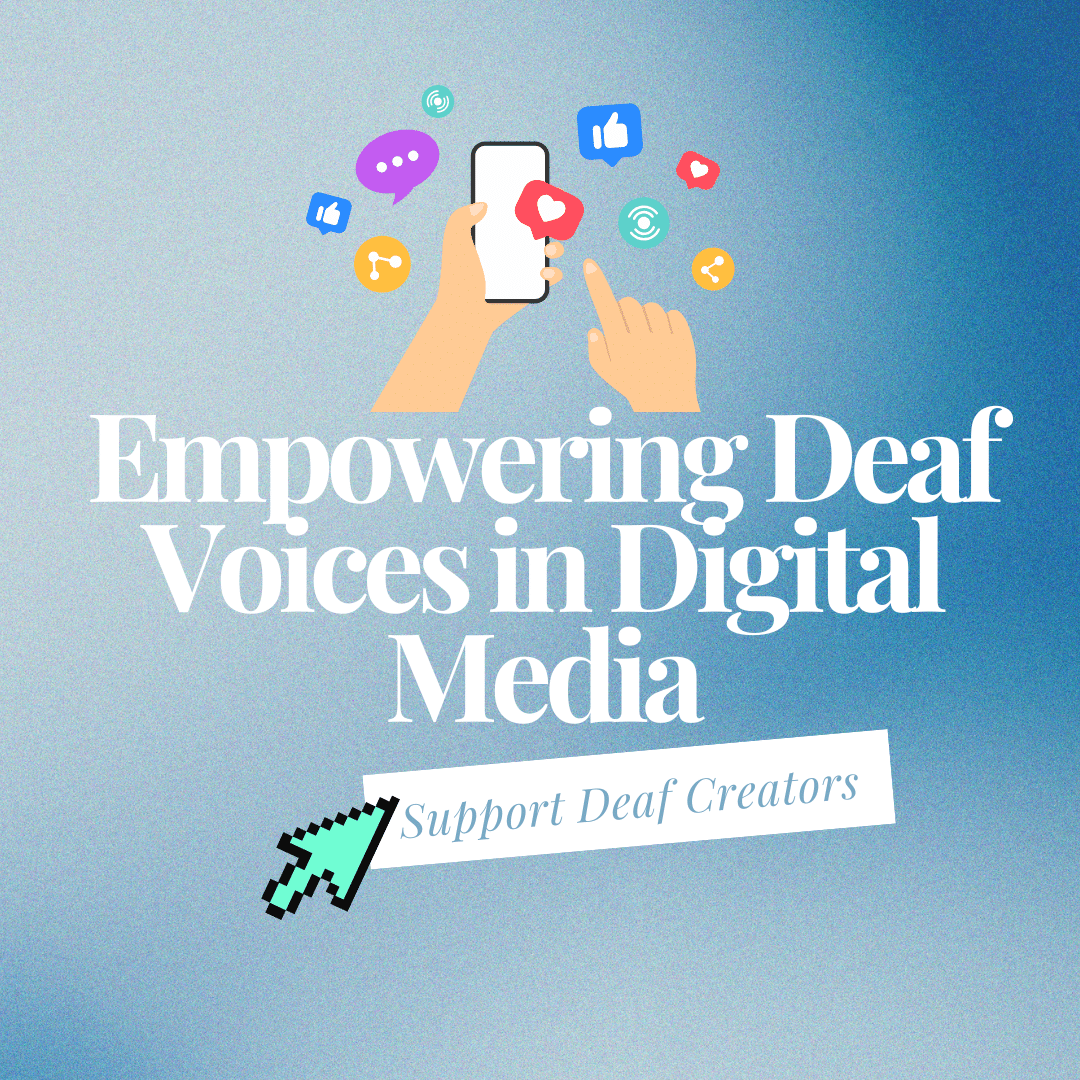
Children of a Lesser God
- by Michelle Jay
- One Comment
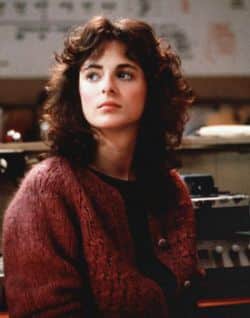
Children of a Lesser God is a 1986 film that, we believe, brought Deaf Culture and the values of deaf people into the public spotlight. If you have never seen it, you will be blown away.
The movie stars William Hurt, Marlee Matlin, Piper Laurie, and Philip Bosco. The film was directed by Randa Haines, and was adapted by Mark Medoff, Hesper Anderson, and James Carrington from Medoff’s award-winning play that has the same name as this film. This play ran on Broadway from 1980-1982.
Marlee Matlin won the Academy Award for Best Actress from her debut role as Sarah Norman in this movie. She was only twenty-one years old–the youngest actress to receive this honor.
This film was also nominated for an Academy Award for Best Actor for William Hurt, Best Supporting Actress for Piper Laurie, Best Writing for an Adapted Screenplay, and Best Picture.
Children of a Lesser God tells the both tragic and beautiful story of Sarah Norman, played by Marlee Matlin, who works at a speech school for the deaf. She is a troubled and frustrated young woman. James Leeds, a new teacher at the school, played by William Hurt, encourages her to learn how to speak. Sarah already uses sign language as her primary language, and resists James’s attempts. She doesn’t think she needs to learn how to speak.
They begin having feelings for each other, and end up living together. Their differences and stubbornness strains their relationship. James still tries to get Sarah to talk, and she simply does not want to. Sarah then leaves and returns to the home of her mother, whom she is trying to reconcile with. Of course, Sarah and James realize they need each other, and Sarah returns to him.
This movie is a great representation of the world of Deaf Culture and how it interacts with hearing culture. The hearing culture constantly wants deaf people to speak and become more like hearing people, while the deaf want to remain as they are.
If you have not seen this movie, you definitely need to if you want to be a part of the Deaf Community. You will gain so much more understanding just by watching it.
A Place Where We Can Meet
by Jim Sautner | 2019
I just watched a really good movie called “Children of a Lesser God”.
It’s a love story between a hearing man and a deaf woman.
There’s a lot of conflict between the hearing man, played by William Hurt, and the deaf woman, played by Marlee Matlin.
Their conflict personifies the conflict played out in real life between the hearing world and the deaf world.
The hearing and the deaf don’t often understand each other. We don’t always get along with each other.
William Hurt’s character is a hearing teacher. He teaches at a deaf school and wants to “help” deaf students by teaching them to speak. He knows the world is largely a hearing world and he believes it’s best for deaf people to learn to manage in the world by being able to use their voice, not just their hands, to communicate.
Marlee Matlin’s character is a deaf cleaning lady at the deaf school. She was a former student at the school but has stayed there to work. She has no interest in using her voice. She’s been deeply hurt by the hearing world and what it wants. She wants to be accepted as a deaf person. She wants hearing people to make an effort to learn about her and her language. She’s offended that hearing people want her to use her voice but they never make an effort to learn sign language.
As they get closer to each other the tension increases. William Hurt not only wants to help Marlee Matlin, he also wants to truly get to know her. Marlee Matlin seriously doubts this is possible and leaves the deaf school to get space between herself and William Hurt. She feels she’s becoming too much what William Hurt (hearing people) wants and not truly who she is as a deaf person.
It’s as though they’re living in two separate worlds. Hurt lives in a world of sound. Matlin lives in a world of silence.
They love each other but can they live with each other? It’s not a problem that can be solved.
But maybe it’s a tension that can be managed? Near the end of the movie, as Matlin comes back to Hurt to try and make the relationship work again, Hurt asks a poignant question,
“Do you think there’s a place where we can meet? Not in silence?
Not in sound?”
With that they embrace and kiss and the movie ends.
I believe the answer is, “Yes”. There’s a place where hearing and deaf people can meet. It doesn’t have to be only in silence or only in sound. It will require both sides to move toward each other, learn the language of the other, and make an effort.
A genuine relationship and connection is possible between the Hearing and the Deaf through mutual respect, love, and understanding… and effort.
Marlee Matlin’s character is brilliant and strong. She’s a fighter and attractive in her role. I wonder if her character helped to inspire the “Deaf President Now” movement at Gallaudet in the late 1980’s? Perhaps Gallaudet students and faculty took notice and wanted someone like Marlee Matlin’s character to be in charge of their university?
Certainly many deaf students at the university saw the movie in 1986. They had to feel proud that Marlee Matlin, a Deaf actress, played a defiant deaf character. She showed the world that a deaf person has great intelligence, beauty and dignity and is worthy of being known as she is.
For me, I identified more with William Hurt’s character. As a hearing person he’s trying to be helpful. He’s well intentioned but he doesn’t always understand what’s really needed. That’s been true in my relationship with my Hard of Hearing son. I want to help him and yet I don’t always know what he really needs. I can lack understanding of what it’s like for him to be nearly deaf. I need to respect him and make an effort to move toward him, asking more questions and making fewer assumptions.
There’s a place where I can meet my son and others like him. That probably had the biggest impact on me.
Children of a Lesser God
by: Anonymous | June 7, 2020
Children of a Lesser God tells the story of a man who falls in love with a deaf woman who works as a janitor at the school for the deaf that he works at. The movie stars William Hurt as James Leeds and Marlee Matlin, the first deaf actress to have won an academy award, as Sarah Norman. The film addresses several deaf issues, and in particular, highlights the significance of ASL for the deaf through Sarah’s refusal to speak.
Children of a Lesser God presents ASL not just as a mediator between the hearing and the deaf, but as a separate language, with just as much legitimacy as spoken languages and with an enormous importance to the deaf community. Though James initially sets out to teach Sarah how to speak, throughout the film, he increasingly accepts and understands her not wanting to learn. At one point in the movie, James asks Sarah to “learn his language.” For some time, he insists that she will not fit in with his world if she does not learn to speak. He later realizes, however, that Sarah is able to not only survive, but thrive in a world where her language is a minority. The movie makes the statement that the attempt of the hearing to teach deaf people to speak is an aggressive action towards the deaf community and should be taken more seriously. One scene of the movie I feel emphasizes the importance of ASL within the deaf community is the scene where Sarah and James eat dinner with Sarah’s friends. AT this dinner party, James says that he feels left out and like an outsider. He appears to realize at this time that this is how Sarah feels when among the hearing. He seems to recognize that ASL is simply used in a different community than spoken English and drops his backwards view of ASL as a subordinate language to spoken English.
This film also highlights the capability of ASL to communicate complex and profound ideas differently and perhaps to a greater extent than spoken language. Sarah demonstrates to James throughout the movie that signs in ASL can have connotations, just like words in English, and not all signs have perfect matches in spoken English. For example, in the movie, Sarah uses the sign for “connected,” and tries to convey to James what that sign means. James realizes that this sign means more than just its English equivalent, but has a deeper meaning, which can only be communicated, in this case, through ASL. James narrates almost the entire movie, saying out loud what Sarah is signing, which he says helps him translate it into spoken English, but also presumably to make the film more accessible for its hearing audience. I think I would like to go back and watch the film again once I have a more complete understanding of ASL and see if I can obtain any new meaning from it, now knowing that signs in ASL can have different connotations than, and can often have more poetic and complex meanings than that of their direct English translation.
Children of a Lesser God was released in the 1980s, and though its message may have been more necessary then, I feel it is still relevant today. Though I am hearing and will therefore never understand what deaf people experience, I think this movie brings up some important arguments that should be kept in mind when considering the deaf community.
Children of a Lesser God
by Olivia Honeycutt | March 28, 2020
I watched Academy Award Nominee Children of a Lesser God with a couple of my peers. The basic plot line followed James, a hearing teacher, tasked with inspiring his deaf students to speak. While at his new job, he saw promise in a janitorial lady named Sarah and tried to talk her into “reaching her full potential” so that she could “communicate with the outside world” insinuating ASL, her language, was not enough. They fall in love very quickly without moving past any of the issues regarding the gaping chasm between their worlds and opinions. Though I believe that was the foundational issue with their relationship; the movie made it seem as though there was another, sort of random, reason they struggled to connect.
The biggest theme the movie addresses is about gender roles. Not very far into their relationship, James convinces Sarah to quit her job and move in with him so that she can have children. All made possible because he could provide for her. She ecstatically agrees, but soon realizes that she can do more with her life when she meets a deaf woman with a host of her own accomplishments. She recognizes she was absorbed into his world, doing what he wanted, and ultimately not being herself. But this type of conflict could have been explored in any movie, why throw in a language barrier?
The film should have focused more on the friction between the deaf and hearing world and the accompanying expectations rather than overloading the movie thematically. Granted, there were some moments where small things were brought up. For example, when James wanted to listen to music but could not do so without wishing Sarah could hear it; Sarah reassured him, he danced for her, and all is well. They were able to find ground on which to compromise. But the bigger conflicts were left entirely unattended to, brought up only ever in part, hinted at, but never confronted. The major one being the aforementioned ubiquitous elephant throughout the movie: he wanted her to speak, but she did not feel it necessary. The audience was introduced to Sarah’s heavily loaded backstory as an explanation for why she refused to speak (a vague childhood memory of being a teased sex slave compliments of a manipulative sister, an absent father, and a regretful mother); but despite that, James continued to bring it up, even going as far at one point as to yell at her to “speak his language.”
In any other situation, James would be viewed as criminally abusive or at least villainized to have handled the situation with so little tact and to blatantly ignore her trauma. But it was as if the context was nonexistent, only there for James to throw back in her face in the heat of miscellaneous arguments. No matter the circumstances, that scene should have been deeply disturbing for anyone because not all deaf people feel comfortable speaking, and the future of a relationship should not hang in the balance of that type of personal decision. But more than that, this alludes to a bigger debate in Deaf Culture that questions deaf identity. Many feel being deaf is part of who they are as much as their physical appearance or personality, whereas others, usually those outside of the community, feel deafness is an ailment to be fixed at all costs. That, I think, should have been the real focus of the movie. As a teacher, James would always look down upon non-verbal deaf people because he viewed them as one of his naive students who needed help coming to terms with reality. James and Sarah’s relationship could never succeed because the balance of power would always be off.
Aside from that, from a cinematographic standpoint, the movie was filmed well. A choice I found particularly interesting was the lack of subtitles. The writers used James’ dialogue to help the audience understand, so that once again, similar to a scene detailing a phone call during the movie, James was speaking for Sarah because he saw himself as a necessity in her life. What is more disturbing is that the movie portrayed him as such. If the movie wanted to tie in themes of female independence and triumph over gender roles, they should have focused on that exclusively instead of sending such mixed messages. The producers should not have allowed Sarah to have won the right to an education while compromising parts of herself and her previous lifestyle for a misguided hearing teacher who would only see her as a challenge to be conquered. Sarah presumably lived her life for a time without James, so I see no reason why she needed to be viewed in such a helpless light. Because of the split thematic nature of the film, by the end, I am not convinced a reasonable resolution was achieved at all neither towards an accurate portrayal of the capabilities of a deaf person nor those of a woman.

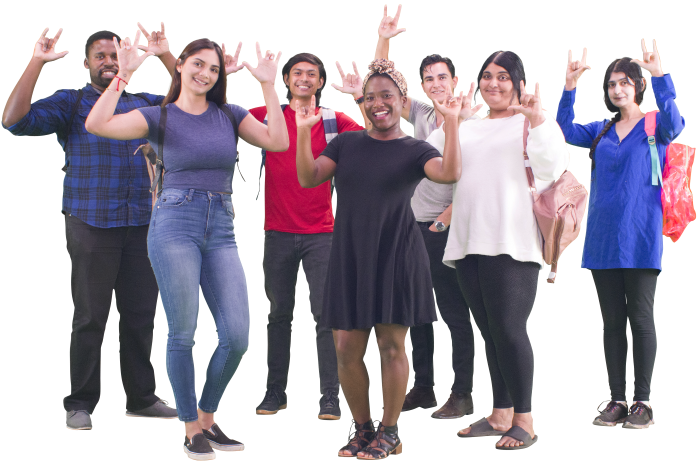
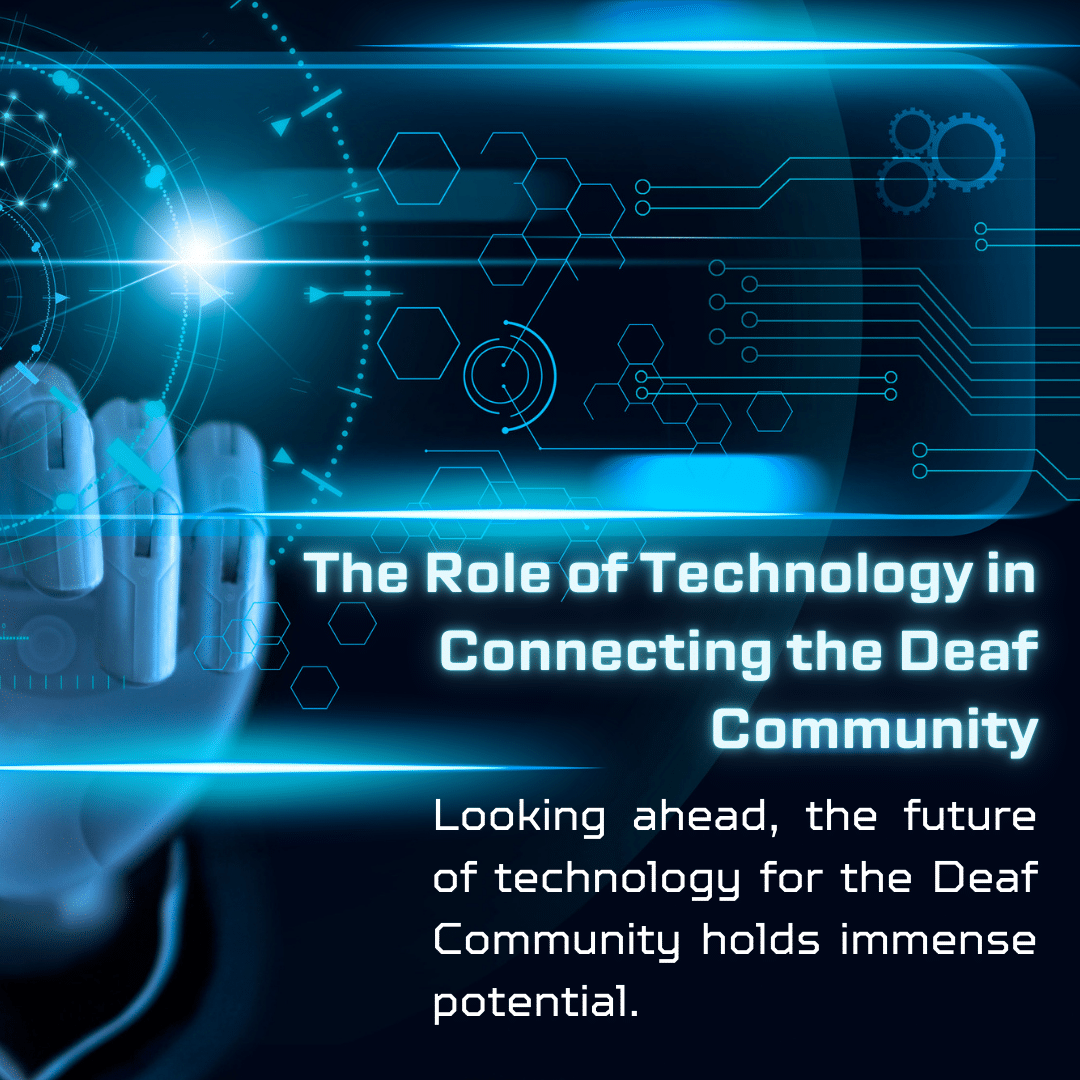

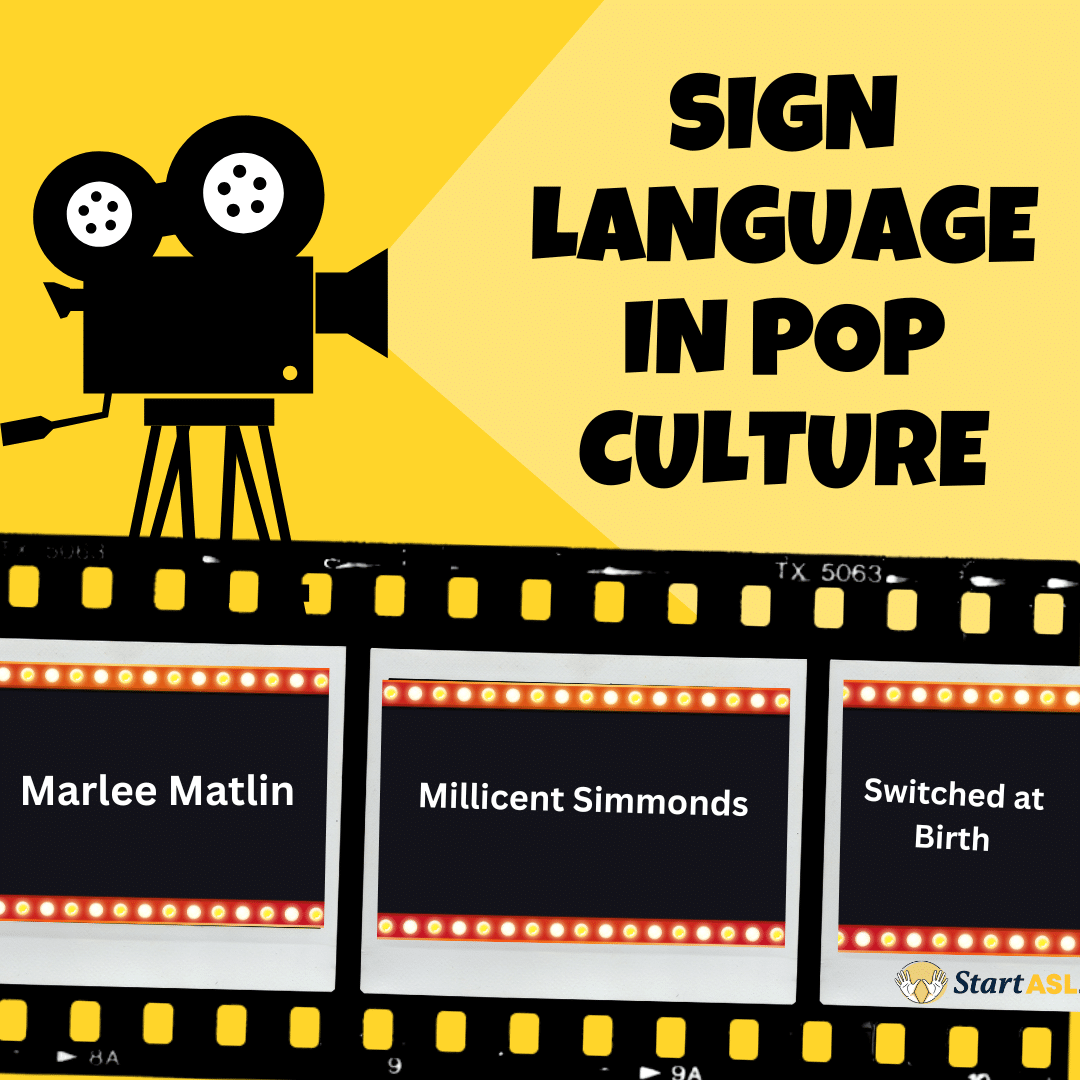

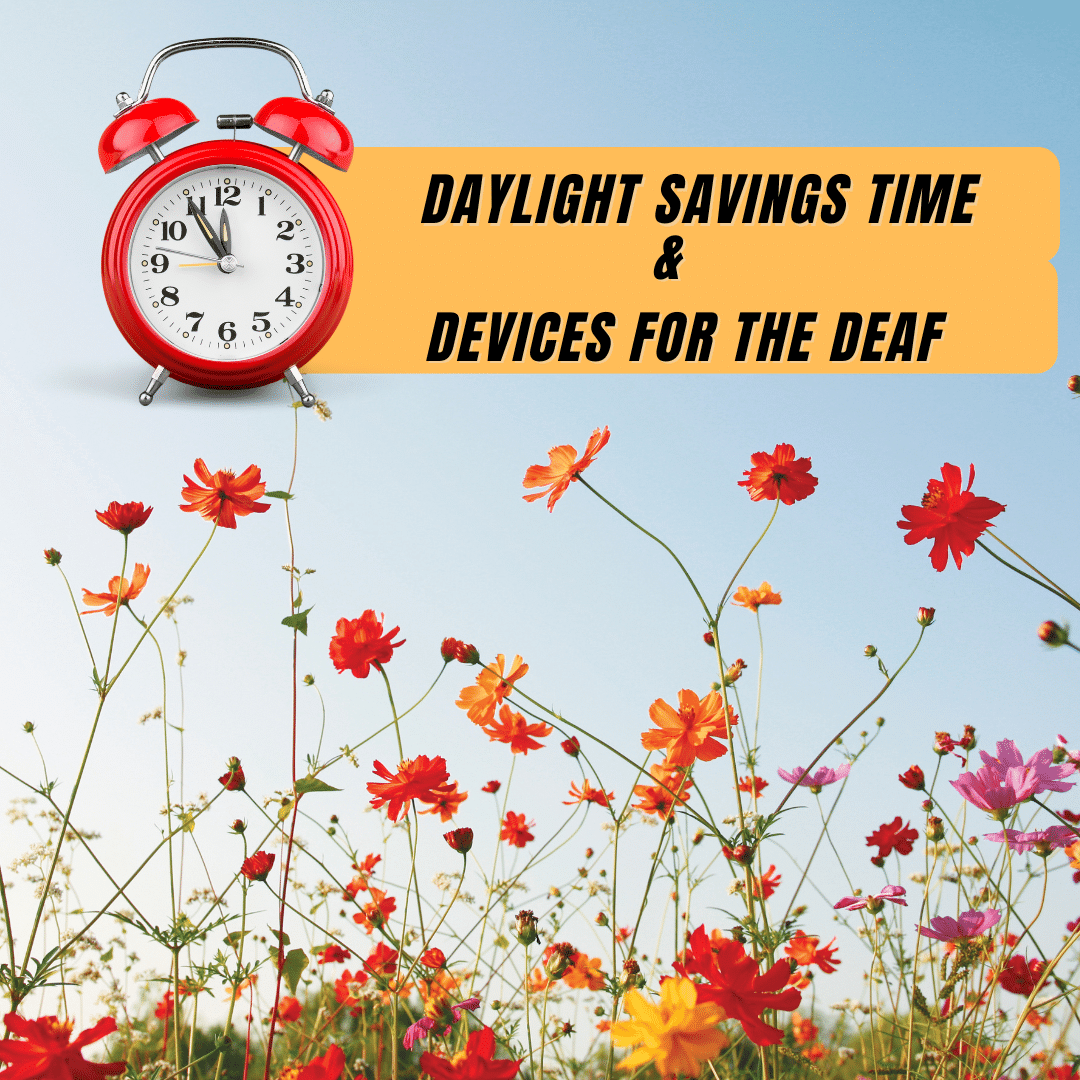



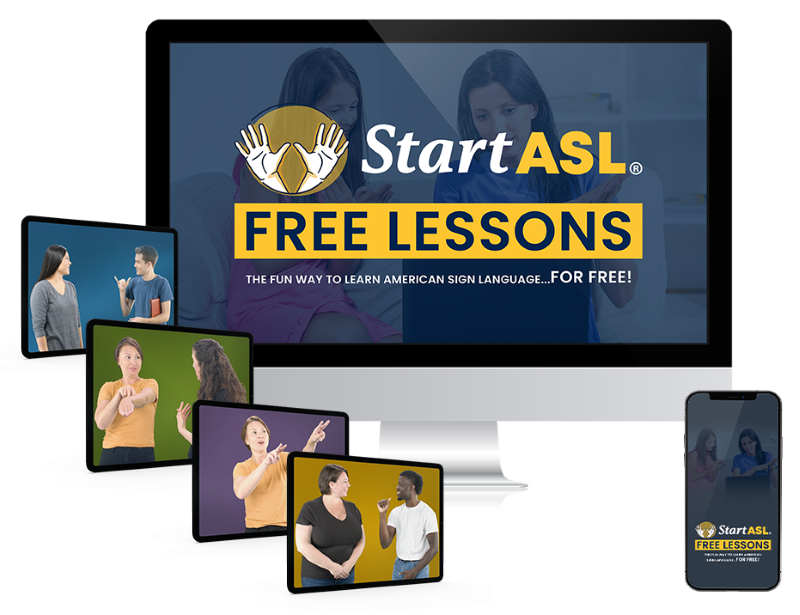
One Response
Hi I’m interested in directing a film-/documentary about a deaf nonverbal friend who would like to find funding to travel and question wider public.if we finish first 10/15 minutes might we talk to be able to find answers from you..?! Thanks so much god bless